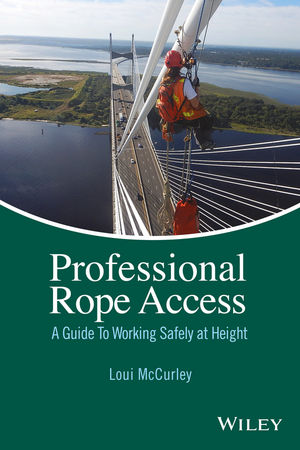 The BNSF Railway Co. has signed an accord with OSHA in which the company agrees to voluntary revise several personnel policies that OSHA alleged violated the whistleblower provisions of the Federal Railroad Safety Act (FRSA) and dissuaded workers from reporting on-the-job injuries.
The BNSF Railway Co. has signed an accord with OSHA in which the company agrees to voluntary revise several personnel policies that OSHA alleged violated the whistleblower provisions of the Federal Railroad Safety Act (FRSA) and dissuaded workers from reporting on-the-job injuries.
OSHA chief Dr. David Michaels said the agreement will have a ripple effect throughout the industry .
"It also sets the tone for other railroad employers throughout the U.S. to take steps to ensure that their workers are not harassed, intimidated or terminated, in whole or part, for reporting workplace injuries."
The major terms of the accord include:
- Changing BNSF's disciplinary policy so that injuries no longer play a role in determining the length of an employee's probation following a record suspension for a serious rule violation. As of Aug. 31, 2012, BNSF has reduced the probations of 136 employees who were serving longer probations because they had been injured on-the-job.
- Eliminating a policy that assigned points to employees who sustained on-the-job injuries.
- Revising a program that required increased safety counseling and prescribed operations testing so that work-related injuries will no longer be the basis for enrolling employees in the program. As part of the negotiations leading up to the accord, BNSF removed from the program approximately 400 workers.
- Instituting a higher level review by BNSF's upper management and legal department for cases in which an employee who reports an on-duty personal injury is also assessed discipline related to the incident giving rise to the injury.
- Implementing a training program for BNSF's managers and labor relations and human resources professionals to educate them about their responsibilities under the FRSA. The training will be incorporated into BNSF's annual supervisor certification program.
- Making settlement offers in 36 cases to employees who filed whistleblower complaints with OSHA alleging they were harmed by one or more of the company's previous policies.
Between August 2007, when OSHA was assigned responsibility for whistleblower complaints under FRSA, and September 2012, OSHA received 1,206 FRSA whistleblower complaints. The number of FRSA whistleblower complaints that OSHA currently receives surpasses the number of whistleblower complaints that OSHA receives under any of the other 21 whistleblower protection statutes it enforces except for Section 11(c) of the Occupational Safety and Health Act of 1970. More than 60 percent of the FRSA complaints filed with OSHA involve an allegation that a railroad worker has been retaliated against for reporting an on-the-job injury.
The accord with BNSF Railway Co. can be viewed at http://www.whistleblowers.gov/acts/bnsf_accord.html.






